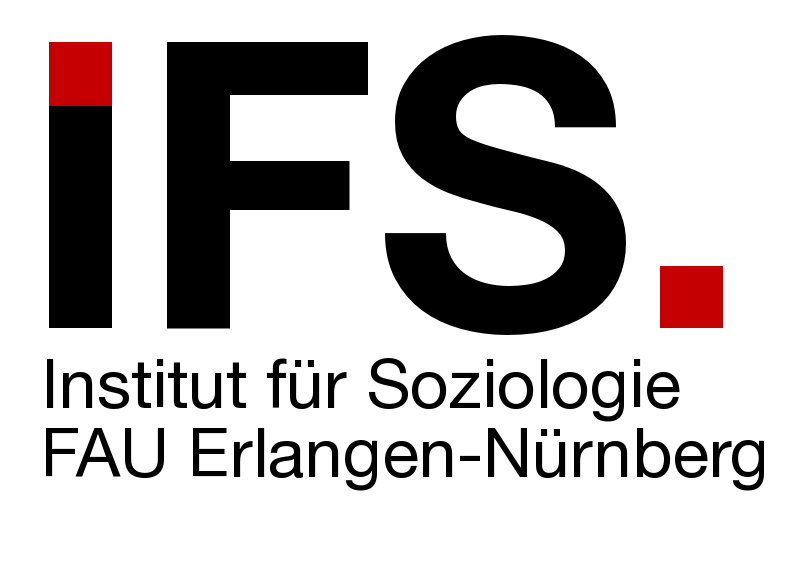Work and Organization
Work and Organization
“Labour” has been undergoing change for a while: not only is national framework of employment changing due to globalisation, but also the organisation of labor in companies (flexibility, decentralization) and challenges created for employees due to this (conected to tasks, identity and way of life). Additionally a rise of knowledge-intensive service activities and decrease of industrial labor can be spotted.
The ways, causes and consequences of these changes are being analysed in this field. This is done trough a strong connection with sociological theory (for example Varieties of Capitalism, social injustice, gender studies), social structural analysis (labour market, employment) and sociology of education (apprenticeship and further education). Employment is only one part of the focus. Other types of work (for example informal labour, precarious labour, domestic labour) and the connection between “labour” and “life” is also being taken into account. Industrial connection is a central part of this department with a focus on changes in working relations and regulation of employment focusing on the social constitution of companies and the connection between employees and management.
Questions concerning labor, industrial, organizational and economic sociology are at the centre. Courses include the so called “base seminars work and organization” and proseminars (including topics like job market, industrial connections, organizational sociology, sociology of management and economic sociology). Additionally there are specific seminars concentrating of different topics of modern work and organization.
The intitute concentrates on a international, especially european, perspective with a focus on comparing. We use theory oriented empirical research methods supported by methodology.
